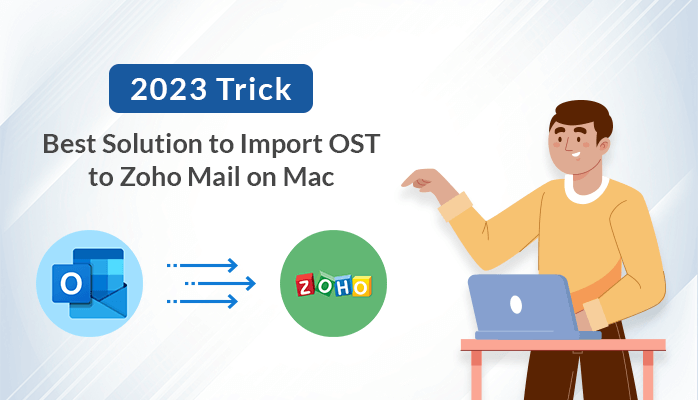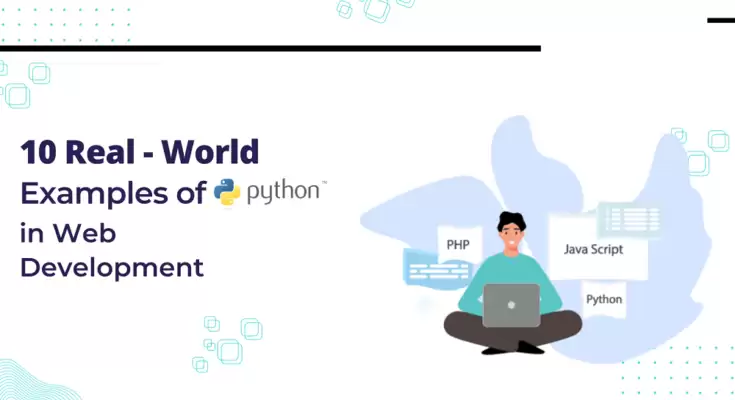Building a mobile application can be overwhelming. There are a lot of varied tasks involved for you to research and then implement.
People often feel confused and lost about where to start and what things they need to consider before, during, and after mobile applications.
In this guide, we’ll provide a step-by-step process for building your own mobile app for your e-commerce store. So, let’s get started.
Table of Contents
Define your target audience
The first thing to do before building your mobile app is to define your target audience. Research who your customers are and their preferences and behavior patterns. This information will help you design an app that meets the needs and expectations of your target audience. It is extremely important to analyze and understand the challenges your target audience is facing and how to solve them with your mobile app.
Identify the key features that you want in your app
Making a mobile app with basic features might not fulfill the challenges that your customers are facing. So, identify the features that can solve that issue. This includes analyzing all the segments of the app like product catalogs, payment gateways, checkout process, and much more. Figure out what you can do differently to make your app customer-centric.
Define the goal of building a mobile app
It is a must to have a clear understanding of the desired outcome of your mobile app. Whether you want to build the app to increase sales, improve customer loyalty, or enhance brand recognition. All this information will help you set specific goals for your app. You can create specific designs and functionalities that compliments your goal and help you achieve it.
Choosing the Right Mobile App Development Platform
There are several mobile app development methods you can choose from, like native app development, hybrid app development, mobile app builder, and more. Each platform has its pros and cons. You should choose the development platform based on your mobile app requirement, budget, and timeline.
Native App Development:
If you want the best user experience and have complex requirements, no other platform can match the performance and stability of the mobile app developed on native platforms. The challenge here is that it is expensive. Developers make apps from scratch, so it takes a lot of time. More time means more money. Moreover, you have to develop two apps, one for iOS and one for Android. Developers charge hefty fees, especially when you have complex requirements. If you have enough time and a pocket full of money, native app development is the best choice.
Hybrid App Development:
With a single code base, you get two apps, one for Android and one for iOS. With hybrid development platforms like Flutter and React Native, you can develop mobile apps much faster and at a comparatively low price. These platforms might not provide the same level of performance as native apps.
Mobile App Builder:
The simplest and easiest way to build a mobile app is via a mobile app builder. These are prebuilt frameworks that require very little to no coding. The concept of low code development platforms is rising because it is the fastest way to develop your mobile app. For example, if you have a Magento store and want to have a mobile application, you can invest in a Magento 2 mobile app builder. You can have a ready-to-launch app in 2 days, as the app builder will fetch all the data from your store and feed it into the app. This platform is extremely affordable, fast, and the best choice for ecommerce businesses.
Creating a prototype
Before building your mobile app, create a wireframe and prototype to help you visualize the app’s design and functionality. This will also help you identify any potential issues and make necessary changes before development begins. You can also share it with investors for them to understand better. Thus, a prototype helps you identify potential problems in your app and fix them before it costs you heavily.
Points to consider while designing the app
Some design best practices for e-commerce apps include:
- Simple navigation
- Clear and concise product descriptions
- High-quality product images
- Single-page checkout process
- Clear and transparent pricing
- Personalization and customization options
- Reviews and ratings for products
- Integration with social media platforms
Hiring a developer or development team
You can hire a developer or development team to build your mobile app. Look for developers with experience in building e-commerce apps and a strong portfolio. It’s also essential to consider factors such as cost, availability, and communication when choosing a developer or team. You can either hire a freelance developer, outsource the project or build an in-house team. The most essential thing to consider here is that the developer or team is able to understand your business needs and can deliver a high-quality app within your budget and timeline.
Testing and Launching Your Mobile App
Testing your app is critical to ensure its quality and functionality. Testing can help you identify any bugs, glitches, or issues and make necessary changes before launching your app.
There are several testing strategies and tools available, including manual testing, automated testing, and user testing. It’s essential to choose a testing strategy and tool that meets your business needs and budget.
Once your app is tested and ready to launch, you can submit it to app stores, Google Play and Apple App Store. It’s essential to follow the guidelines and requirements of each app store to ensure your app is approved and listed.
Maintaining and Updating Your Mobile App
Maintaining and updating your app includes monitoring app performance, collecting user feedback, fixing bugs and issues, and releasing regular updates with new features and functionalities.
Conclusion
Building a mobile app for ecommerce store can provide several benefits, including increased sales, improved customer loyalty, and enhanced brand recognition. To build a successful mobile app, you need to define your goals, choose the right development platform, design your app, develop and test it, launch and promote it, and maintain and update it regularly. So, are you ready to build your own mobile app for your e-commerce store? With the right mindset and approach, you can create an app that takes your business to the next level and helps you achieve your goals.








